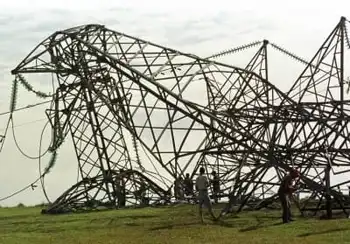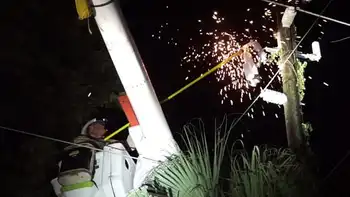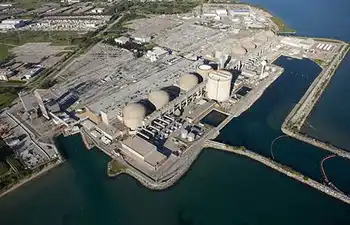White Energy, Peabody start clean coal project
Financial terms were not disclosed.
The plant will use White EnergyÂ’s patented technology to take coal with a lower heating value and increase its overall energy content by about 35 percent. The resulting coal is cleaner, with lower carbon and other emissions, the companies said.
The first phase of the project is expected to produce more than 1 million tons of upgraded coal per year, and later phases could up plant capacity to more than 20 million tons a year. The companies said that they have begun engineering design and permitting activities for the first phase, which are expected to take up to two years.
The new agreement also gives Peabody the first right to participate in new coal upgrading development projects that White Energy undertakes in North America and China.
"We view this technology as a way to unlock further value in our reserves in the Powder River Basin and at other locations to create new marketing opportunities for U.S. or export customers," said Richard Navarre, Peabody's president and chief commercial officer, in a statement.
White Energy Co. Ltd., based in Sydney, Australia, is the parent company of White Energy Coal North America.
St. Louis-based Peabody is the world's largest private-sector coal company. Its coal products fuel about 10 percent of all U.S. electricity generation and 2 percent of worldwide electricity. Peabody had $6.6 billion in 2008 revenue.
Related News

New Power Grid “Report Card” Reveal Dangerous Vulnerabilities
WASHINGTON - The U.S. power grid just received its “grade card” from the American Society of Civil Engineers (ASCE) and it barely passed.
The overall rating of our antiquated electrical system was a D+. Major power outages in the United States have grown from 76 in 2007 to 307 in 2011, according to the latest available statistics. The major outage figures do not take into account all of the smaller outages which routinely occur due to seasonal storms.
The American Society of Civil Engineers power grid grade card rating means the energy infrastructure is in “poor to fair condition and mostly below…





